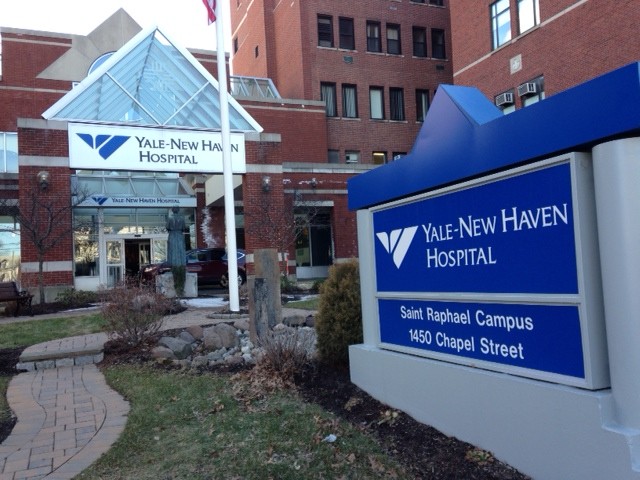Yale-New Haven (Conn.) Hospital. Yale-New Haven Hospital got its start in 1826 as the nation's fourth voluntary hospital, founded as a charitable institution to care for the poor. It has a history of caring for U.S. servicemen — sailors from the New Haven seaport sought care at the hospital during its early days, and during the Civil War, more than 25,000 U.S. Army soldiers were cared for at the hospital. Today, YNHH is a 1,541-bed private, nonprofit teaching hospital, taking its current name in 1965 when it signed a formal affiliation agreement with Yale University and its School of Medicine.
YNHH is widely recognized as one of the top hospitals in the nation — U.S. News & World Report named it as the best hospital in Connecticut in its 2015-16 rankings and ranked it nationally in eight adult specialties. YNHH is Magnet-recognized for nursing excellence.
On top of providing safe, high-quality care to its patients, YNHH, part of Yale New Haven Health, is committed to protecting the environment by eliminating the use of hazardous materials and reducing the use of natural resources. For instance, the hospital has a recycling rate of 35 percent and is equipped with a biodigester, a food disposal system that decomposes virtually all organic food waste. In its most recent construction projects, YNHH incorporated green design, such as the healing garden on Similow Cancer Hospital's roof, which reduces runoff. In recognition of these and other efforts, YNHH received Practice Greenhealth's Partner for Change with Distinction Award, which is given to hospitals that demonstrate superior sustainability.
 |
 |
 |
 |





